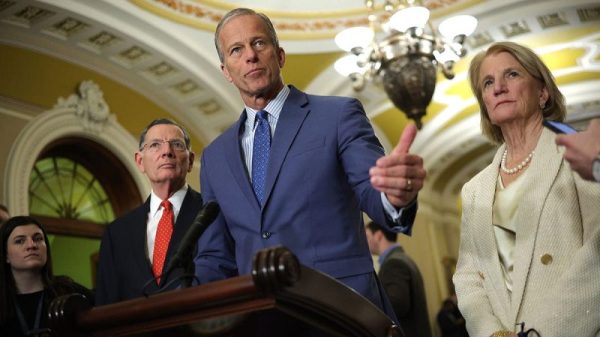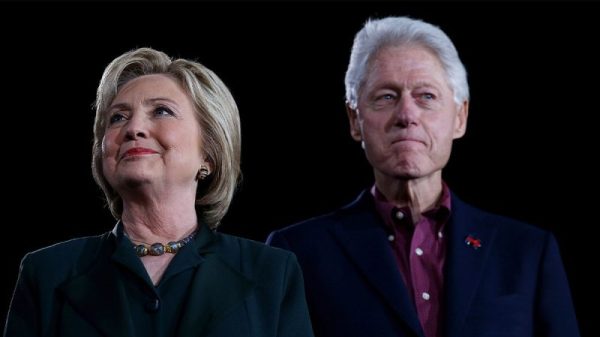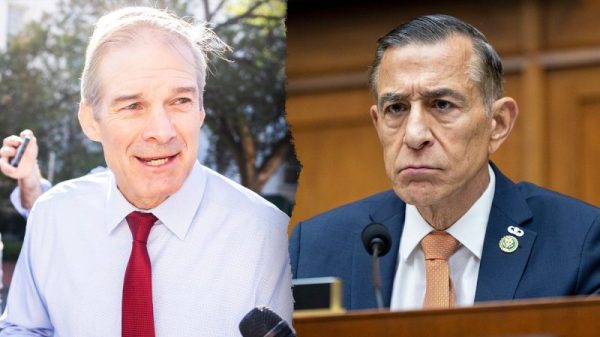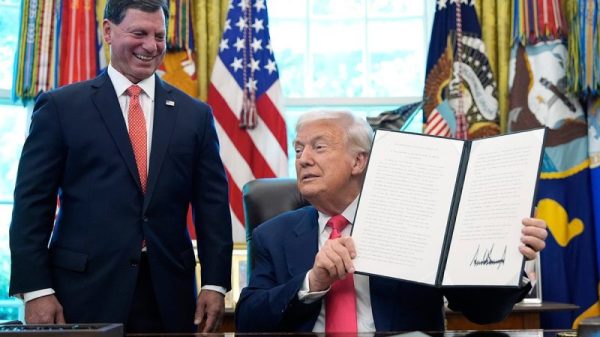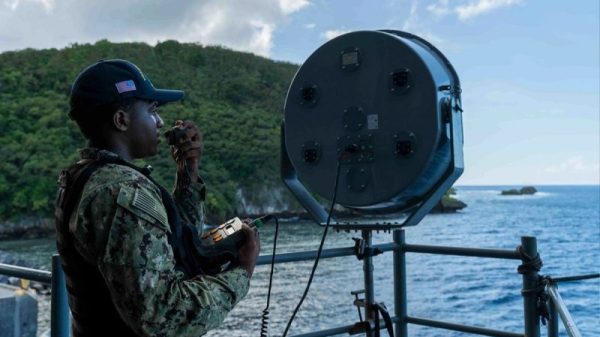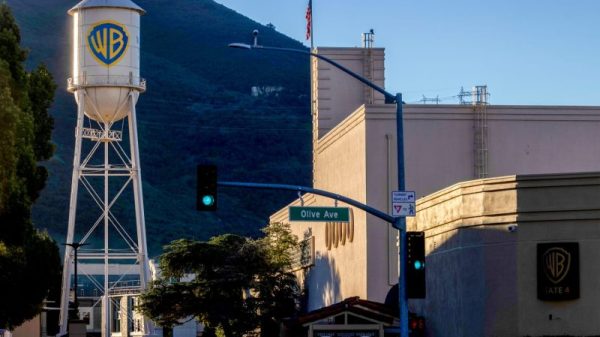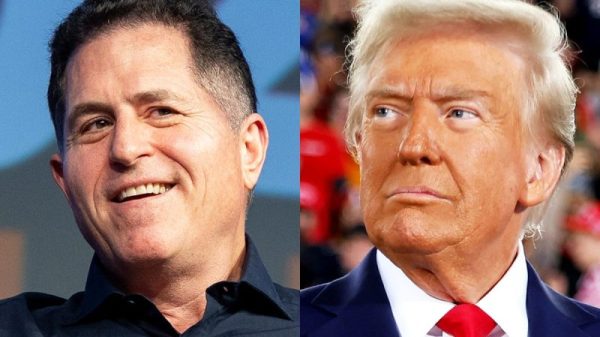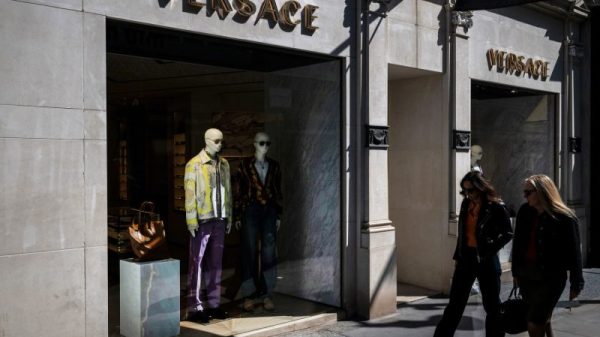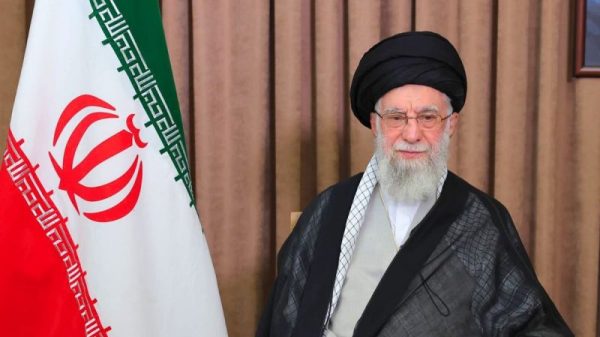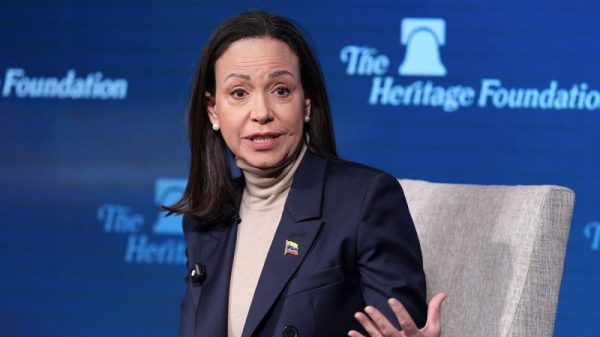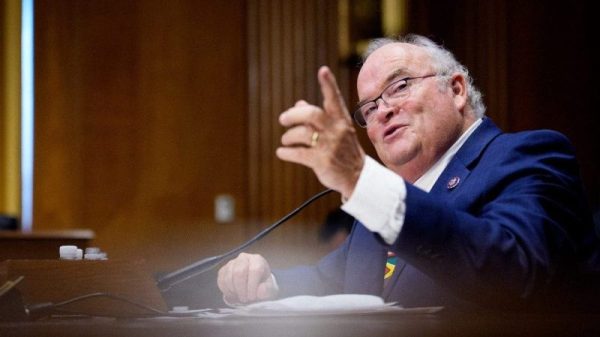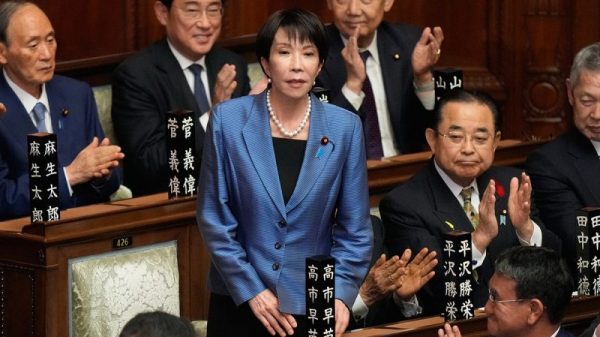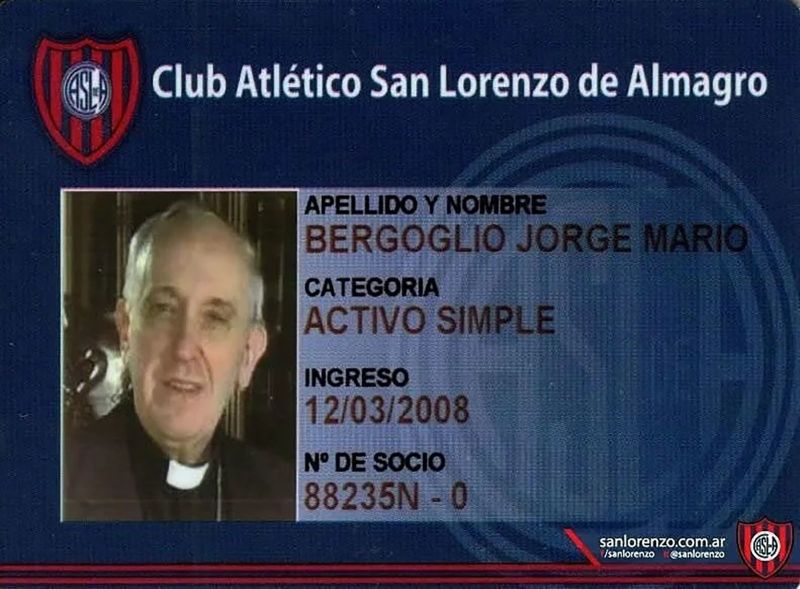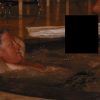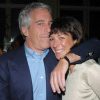Pope Francis never returned to his native Argentina after he became head of the Roman Catholic Church. But some of the faithful here believe he sent a final message home, in the unlikeliest but perhaps most appropriate of ways.
Francis was a lifelong soccer fan — and occasional youth goalkeeper — and a card-carrying member of his favorite club, San Lorenzo.
And it’s the number on that card that’s become the talk of Buenos Aires.
“It has to be destiny,” said Ramiro Rodríguez, who arrived wearing a rosary over his team shirt at a small chapel that’s the spiritual birthplace of the club, for a Mass to celebrate the life of Francis.
The number that’s causing the stir is assigned to “regular member” Jorge Mario Bergoglio, the Pope’s birth name: 88235.
And as person after person has pointed out, Francis was 88 when he died, at 2:35 a.m. Argentina time on Easter Monday.
For Rodríguez, it was another otherworldly, even divine, connection.
“I went to the Vatican in 2019 and I wore my San Lorenzo (jersey), of course,” Rodríguez, 23, said. “I didn’t see him, but I knew he was there with all his energy and healing the world and that’s very significant to me.”
In a preface the late Pope contributed for an upcoming book by Cardinal Angelo Scola, he left an eloquent message about ageing and dying. “Death is not the end of everything, but the beginning of something,” he wrote.
Talking to those who knew him well, it seems likely he would also have appreciated the warmth and good nature of the desire to see a meaning in his soccer club membership number.
Omar Abboud knew how quick-witted his friend he still knew as Jorge was and how much he enjoyed a joke, but never at anyone else’s expense.
“He has a different kind of humor,” Abboud said of the Pope, “a kind of joke that was with the people, not over the people. He has an intelligent, smart humor.”
Abboud, a prominent Muslim leader in Argentina, formed The Institute of Interreligious Dialogue with then-Cardinal Bergoglio and Rabbi Daniel Goldman in 2002. They visited each other’s communities and regularly held meetings and public exchanges to break down barriers between faith groups.
Abboud said he last visited the Pope in January, when the two spoke of artificial intelligence and how it could be regulated. He said he learned much from his friend Jorge and their discussions about literature and sacred texts. And he’s just beginning to talk about him in the past tense.
“He used to be a good friend, we need him. Really, words are not enough,” he said, his voice trailing off.
Francis is on the minds of everyone we meet — from his friends to people who admired him from afar, to those to whom he had ministered.
Flowers and messages are left in tribute at his childhood home, a square where he once played kickabout with other kids, and the church where he heard the call from God to join the priesthood. That church, the Basílica de San José de Flores, has an engraving marking the date when Francis received his vocation, while in the confessional — September 21, 1953.
So many candles have been burned to honor Francis that the steps of the Metropolitan Cathedral are covered with wax.
Seven days of official mourning were declared to honor Francis in Argentina, but they won’t all be filled with sadness.
The Mass held at San Lorenzo’s chapel ended more as a pep rally and there will be another crowd for the soccer team’s next match on Saturday, a few hours after Francis is laid to rest in Rome.
The team will wear commemorative jerseys to honor the late pontiff, and there is talk a new stadium will bear the name “Papa Francisco.” In a sign of his humility, Francis once wrote he didn’t much like that idea.
A Swiss Guardsman used to keep Francis updated on match scores and San Lorenzo’s progress by leaving notes on his desk; the Pope has said he had not watched television — barring seismic events like 9/11 — since 1990.
Francis said his love for sport was not only for the competition — and San Lorenzo is only one of several teams in soccer-mad Buenos Aires, the capital of soccer-mad Argentina, whose men are the current World Cup champions — but for the participation.
He believed sports, especially team games, get young people away from their screens and shuttered virtual lives and teach them to be out in the world.
The club may have lost Regular Member 88235 but Buenos Aires will remember him.
A homemade flag at the cathedral linked Francis and San Lorenzo with a simple phrase that seems to apply to Buenos Aires today: “Mis Dos Amores,” my two loves.
Francis reciprocated that love, writing in his book “Hope:” “My homeland, for which I continue to feel just the same great, profound love. The people for whom I pray every day, who formed me, who trained and then offered me to others. My people.”
In Flores, the working-class neighborhood where Francis lived and worked, a woman left a note outside his childhood home.
It read: “You were one of us — an Argentine — and a gift to the world.”

